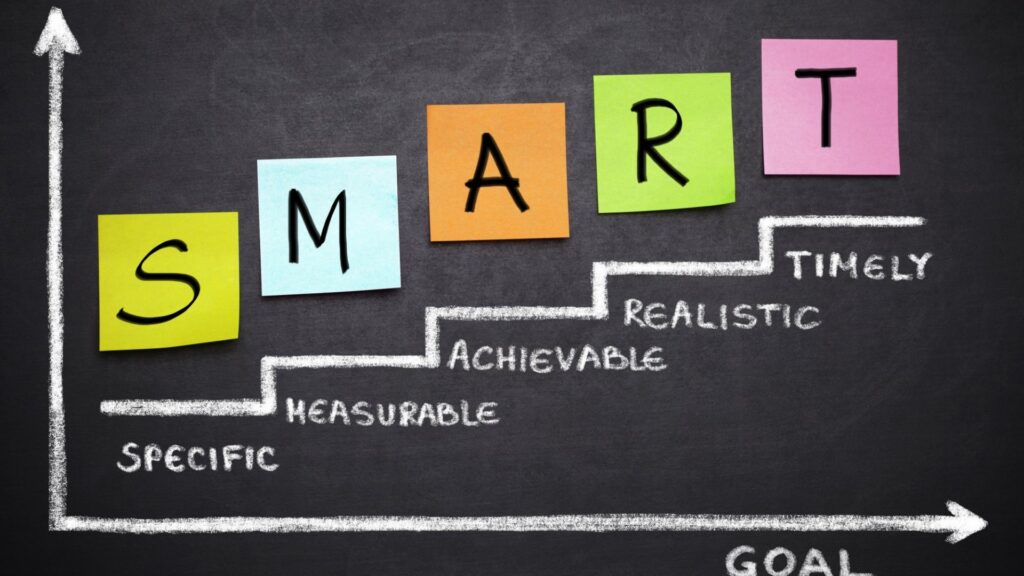Debt is a tricky thing and no one wants it but everyone has it because thats just what you have to do in order to have nice things. WRONG! First of all, we want to BE rich not LOOK rich so that mentality needs to check itself at the door. I’m a firm believer in saving for goals and paying in full. You need to have discipline in order to thrive. Saving is one way to reach for a goal and not acquire debt. Yes, saving may take a while to reach a major goal but in the end its worth it if you have zero debt. Your credit will be better and once you achieve that goal it will be so sweet. These two methods are just a couple examples of ways to tackle debt.
Snowball Method:
The snowball method is one way to pay off debt. You basically choose the loan or card with the smallest amount in debt and make the maximum payments you can. You will pay more in interest in the long run but if you thrive on accomplishing small goals then this is the method for you. This is my personal option because I am one of those people who really like crossing things off my list and when I can get the small debts out of the way first it makes me so excited. Financial stuff doesn’t have to be scary you just have to look for the positives in everything you do including your finances.
Avalanche Method:
The avalanche method is the second way to tackle debt. This is where you choose the loan or card with the highest interest rate and take that one down first. You will pay less in interest over time and its best for people who thrive on numbers over emotions. I see the benefits in using this method but like I said before, I enjoy small wins. This one definitely will make sense to a lot of people and its probably the smarter way to go if you want to pay less in the end.
Here are my 4 strategies to help you tackling debt:
- Make a budget and stick to it.
Creating a budget will change the game in regards to your financial wellness. A budget is an estimate of income and expenses for a set period of time. A budget allows you to gain feedback on areas of opportunity. It helps you check yourself and set up goals for short and long term. This is something that must be a priority. A budget is basically your financial plan for a defined period, often a month or one year. It may also include planned trips, major purchases, sales volumes and revenues, costs and expenses, assets, liabilities, and cash flows. This is a vital tool for any person who owns a small business.
2. Set realistic financial goals. If you can’t pay cash for it then don’t buy it.

Goals are everything. When dealing with money it’s smart to set short term and long term goals. Something to work towards is always a great motivator. When setting goals it’s a crucial thing to save money. Meaning, if you don’t have the money don’t spend the money. You’ll never reach your goals if you spend all the money you bring in each month. Budgets and financial goals go hand in hand. It lays the foundation to set you up for success. You will be able to crush your financial goals with a budget.
3. If you use a credit card, pay on time and more than the minimum payment.
Global credit card debt continues to rise. Make the minimum payment on every card, every month, but throw whatever extra money you have at the one with the lowest balance. When that one is paid off, take the money you were applying to it, add it to the minimum you were paying on the second card and pay it off. Keep going until all cards are paid. According to incharge.org, the average adult who doesn’t pay off the balance on credit cards each month, owes $7,527 on their credit cards. If there are two adults at home, that’s a little more than $15,000. If there are children in that house, there is usually an urgency to do something about it.
4. Always monitor your debt
Watch for a change in rates and fees and if possible contact the lender and see if you can lower your interest rates or if they would be willing to work with you. It never hurts to ask. The worst thing is they could say no. Checking in on your financial well-being should be a priority. Finances are very uncomfortable and a lot of people don’t like looking at that student loan payment or that debt that’s in collections. For me, its the dentist. I get that sick to my stomach feeling then I start shaking because I always think the worst is going to happen. When there is something that needs to get fixed I just don’t want to talk about it or know about it. Once I fix the issue though, I always feel better.
Free Gift
Check out the FREE video series on my 3 Keys to Unlocking Your Financial Freedom! This video series touches on Budgets, Tackling Debt, and Ways to Increase Income TODAY! I created this series for those of you who have been hit hard by COVID-19. I want you to know there is nothing you can’t accomplish and creating a plan of action is always a great starting point.